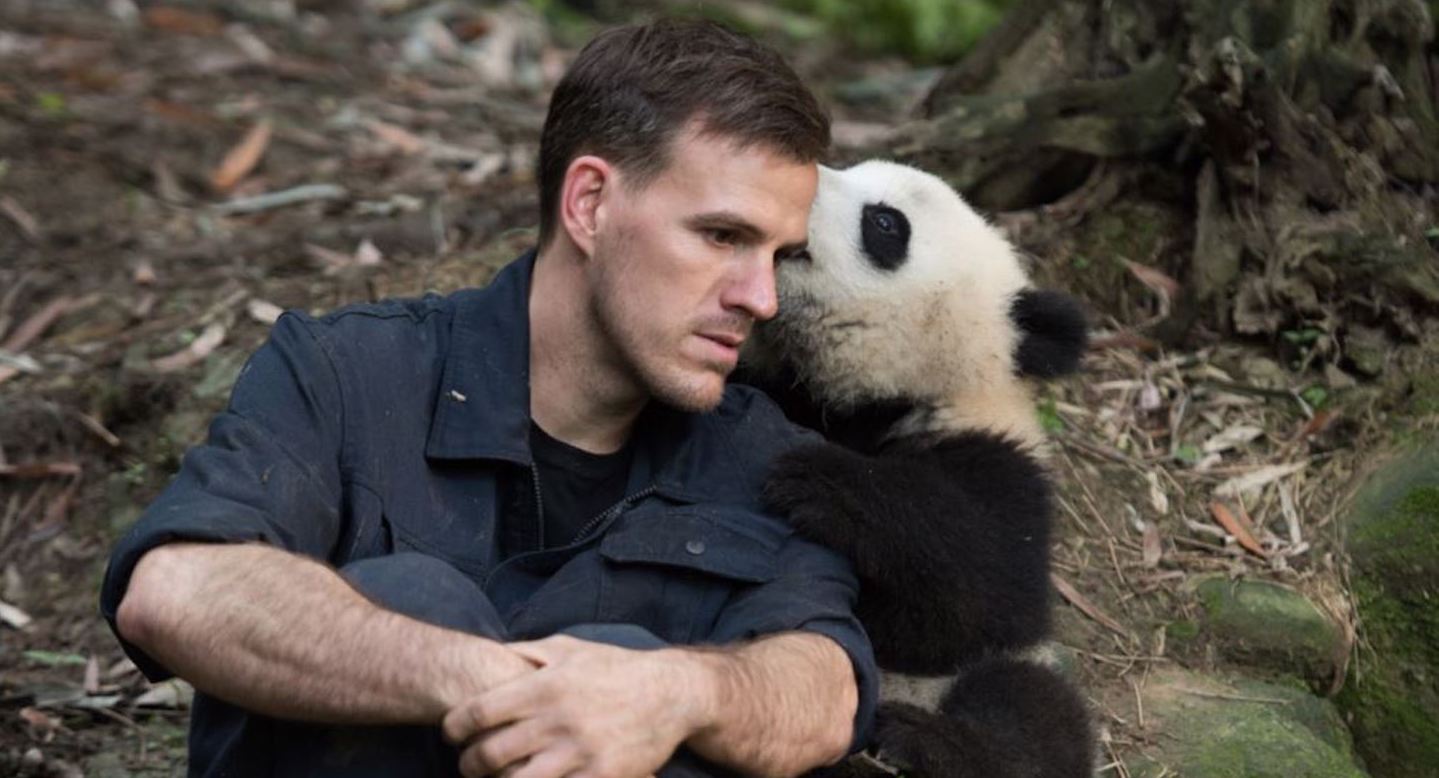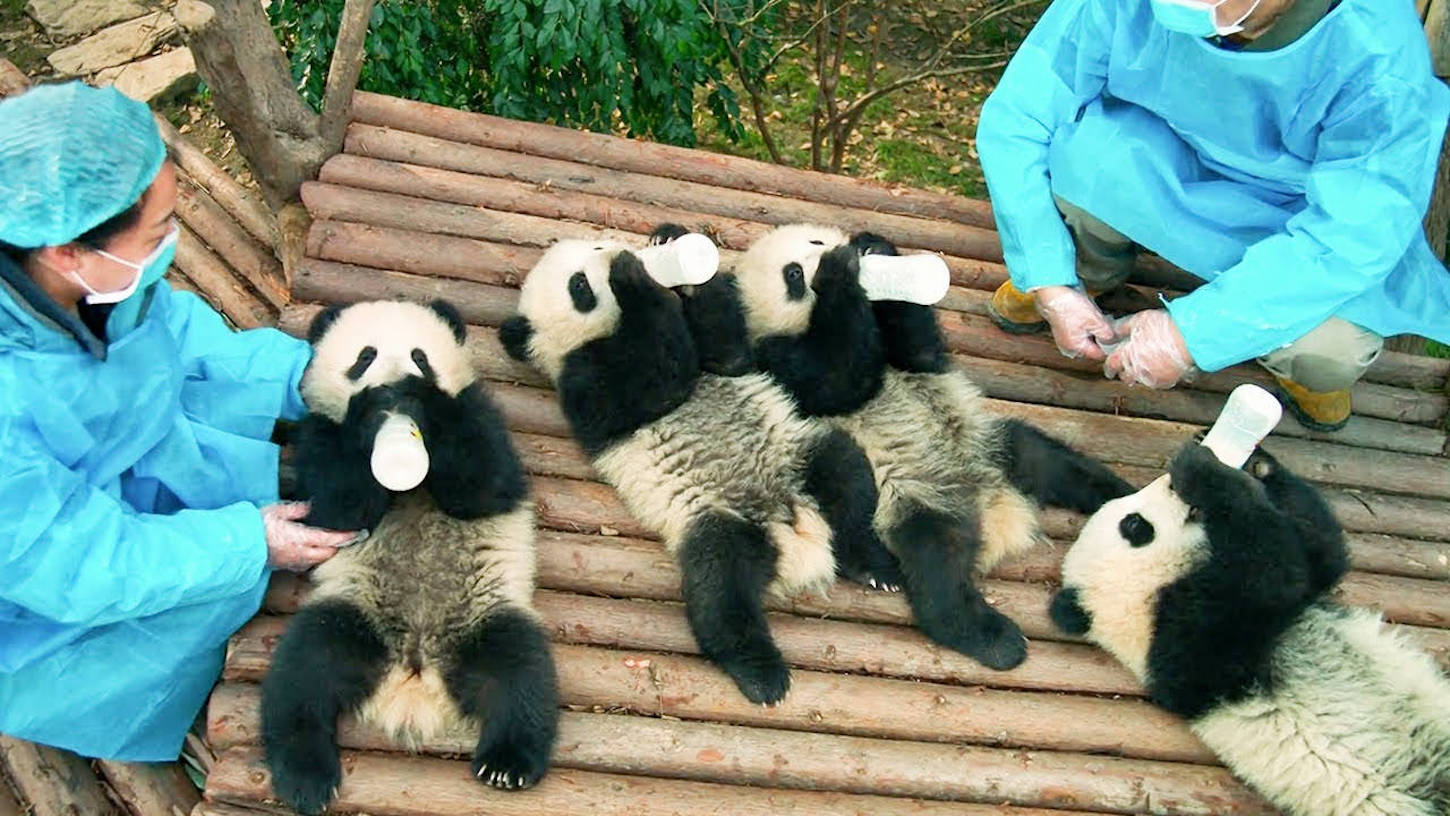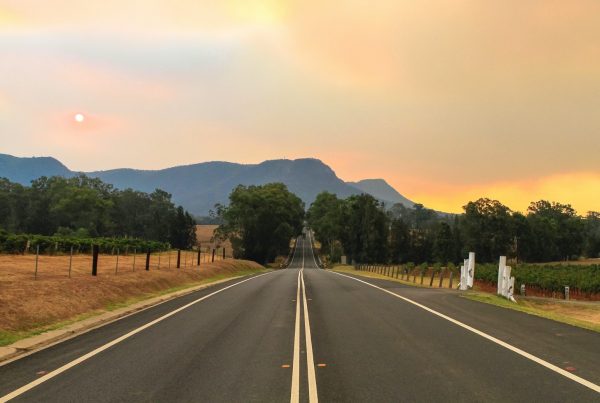What happens when you introduce an American conservation biologist to a Giant Panda cub in Chengdu? A little bit of magic, of course. TDL editor Scott Podmore discovers a special connection sets the scene for a new IMAX film which follows a team of scientists at Chengdu Panda Base in their mission to protect the species and introduce Giant Panda cubs into the wild.
Pandas in 3D at IMAX Melbourne
EVER had the opportunity to wrestle a Giant Panda cub in China? American biologist Dr Jake Owens has in what could possibly be the best job on the planet.
The good news is you can do the next best thing with a big screen IMAX experience as Pandas 3D is now showing in Melbourne. It also happens to be the ultimate way to preview Chengdu and float across the expansive mountains of Sichuan Province before you even jump on a China Southern flight to get there.
“It’s the most immersive experience I’ve ever had with a film,” says Owens.
“With IMAX, because of the framing and the size, and also because they use real 3D in high resolution, it’s so realistic. I’m there every day working with the pandas, in Szechuan in those mountains, and when you watch it you really feel like you’re brought into that place.
“So in terms of seeing a travel destination, or seeing some part of the world, I’ve never experienced anything that was even remotely similar to that.”

Serious business at Chengdu Panda Base
Aside from being a modern and spectacular way to get a taste of the destination, over at Chengdu Panda Base scientists are dedicated to protecting the species by breeding adult Giant Pandas in a bid to introduce cubs into the wild. The film follows a researcher from Inner Mongolia, whose passion leads her to initiate a new technique inspired by a black bear program in rural New Hampshire in the United States.
What starts as a cross-culture collaboration becomes a life-changing journey for Owens, who travelled across oceans to join the team… and a very cute and curious female cub called Qian Qian (pronounced “Chen-Chen”) who was born in captivity.
Qian Qian and Owens become near inseparable in what has been a beautiful connection between man and animal.
This mesmerising film allows you to follow Qian Qian, the biggest star of this show, on an exciting adventure full of thrills and spills in the mountains of beautiful Sichuan as she takes her first steps outside her protected habitat, discovering her true animal nature.

Chinese government cares
Cuteness aside, indeed, it’s a serious mission and as a conservation biologist Owens says he’s always been drawn to “interesting problems” and making a difference.
“If I can have a real impact in my life then I think I’ll be a success, and I’d be happy with it, and so Giant Pandas … there’s a huge amount of love for them around the world,” he says.
“The Chinese government cares a lot about them and about protecting their habitat and all the species they live with. There’s a lot of funding and public support. Those are the things that you really need for a conservation program to succeed. If you don’t have public support, it won’t work.”
“Our job is to figure out the specifics of doing it and protecting the habitat, removing these threats, and then for my job I’m trying to figure out the best way to return captive-born Giant Pandas into the wild… it’s kind of a no-brainer, if you want to come into a project that’s already well-established, with a lot of support, then working with the Giant Pandas is where you really want to be,” he adds.
The film itself showcases heartfelt connections. It works wonderfully well with the multi-cultural team who come together for the project, the human-animal connection, the connection with the people and culture of China and, now, the connection with audiences watching the film.
Giant Panda population bouncing back
Giant Panda conservation has been a bit rocky, as Owens explains.
“They first realised back in the 1970s that the numbers were declining for various reasons, including natural reasons like bamboo was dying off,” he says.
“So the whole mountainside would be cleared of bamboo, which is a natural thing. But they can’t move to another area that has bamboo because there’s a road or a reservoir or city there, and so the numbers declined to around 1100 pandas in the wild.”
That harsh reality bit so hard that human spirit and a love for a precious dying species instigated much change; and much conservation activity.
“They eliminated hunting, they started protecting habitats, started the captive population at the Chengdu Panda Base and other facilities, and so you saw this steady increase since the 1980s. Now we’ve got roughly 2000 pandas,” Owens says.
“The prognosis for the future is really difficult to say. Climate change is the big fear of almost all conservation biologists, because there’s a lot of things in which we don’t know what’s going to happen.
“Our predictions that we have from various studies estimate that the habitat’s going to be lost by 35% to 60%, and that’s a huge amount, and that’s in the next 70 years. Evolution typically occurs over hundreds, to thousands, to tens of thousands of years.
“It’s a very quick time for a species to respond, and so we’re trying to do as much as possible right now to protect Giant Pandas into the future, to mitigate against climate change.”

A special kind of connection
Owens, ever the professional won’t do “gooey” with regards to his special connection with Qian Qian, but there’s no denying this science-minded American’s eyes soften with every mention of her name.
“Yeah, so this is the strangest project and I’ve worked on conservation projects all over the world,” he says. “Usually I might be 200 metres away from the animal I’m studying. The monkeys I studied in Africa, for example, if could get a second of an observation then that would be a good day.”
“Now I’m actually making this connection because the project’s success is based on the trust between the animal and the human, and them both going out and into the wild, and so you care deeply.
“I first met Qian Qian when she was about that big (using his hands to suggest a foot long) and easy to carry, and she’s this little cub that’s rolling all over the place, she’s biting and terrorizing everything, and just a ton of fun.
“And then seeing her develop into a mature panda who spends most of her time eating bamboo and getting to the point where she doesn’t really need us for anything any more … well, I don’t have kids, but I think that’s the closest thing that I’ve ever experienced to having a kid.
“My hope for her is that she goes out into the wild, and she’s successful and has lots of cubs, and goes on to help the wild population, but there’s always nerves involved. It’s always going to be a stressful situation because the wild is more dangerous than captivity.”
An independent spirit and jealous heart
So what were his favourite things about Qian Qian?
“The two things that really surprised me about pandas in general is that they’re super individual,” he says.
“The amount of personality that they have on a panda-by-panda basis is incredible. Qian Qian, really … I was drawn to her firstly because she’s super independent and jealous.
“Jealousy seems like such a human trait. I’ve had dogs growing up my whole life and so I’d see jealousy in them sometimes, when you give a treat to one and the other one gets jealous. But with Qian Qian, if I’m sitting there and she’d come up and lay on me – when she was a cub she’d lay on my legs – and if another human or another panda even walked up close to me she would bite me, and she’d go and bite them, because she was like, ‘This is mine!’,” he says, laughing.
Pandas 3D at IMAX Melbourne is now showing.
Executive Edge Travel is a globally renowned leader for booking luxury travel experiences/properties.
To book contact your Executive Edge Travel Designer on 03 9519 7777 or email leisure@executiveedge.com.au




